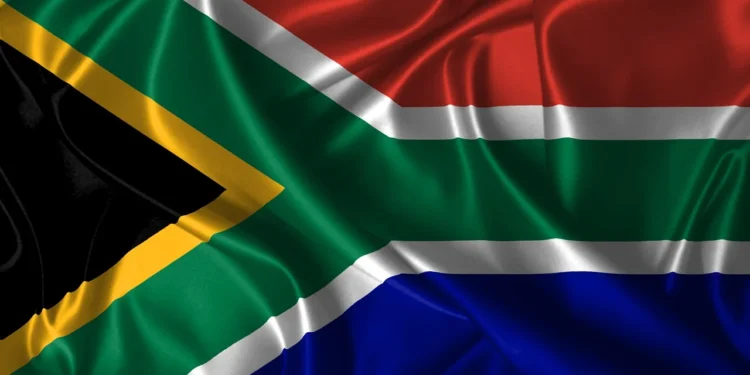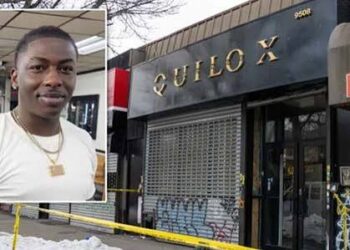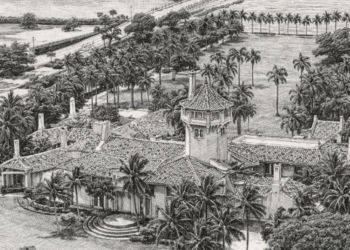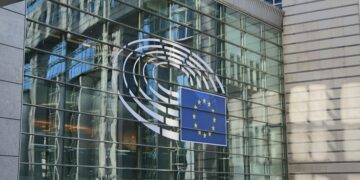In the poor township of Diepsloot, the gate to a community clinic has become a brutal checkpoint in South Africa’s escalating war over who deserves basic human rights. Here, activists from the anti-migrant group Operation Dudula—now a formal political party—stand guard, checking IDs and physically blocking foreign nationals from entering.
Their campaign, framed as a “national priority” to force the government to “prioritise South Africans,” is a direct and violent challenge to the state’s authority and the country’s constitution, which guarantees healthcare for all. While the police release arrested members with a “warning” and officials admit resources are “stretched,” a dangerous precedent is being set: that vigilantism can dictate public policy and that some lives are more valuable than others.
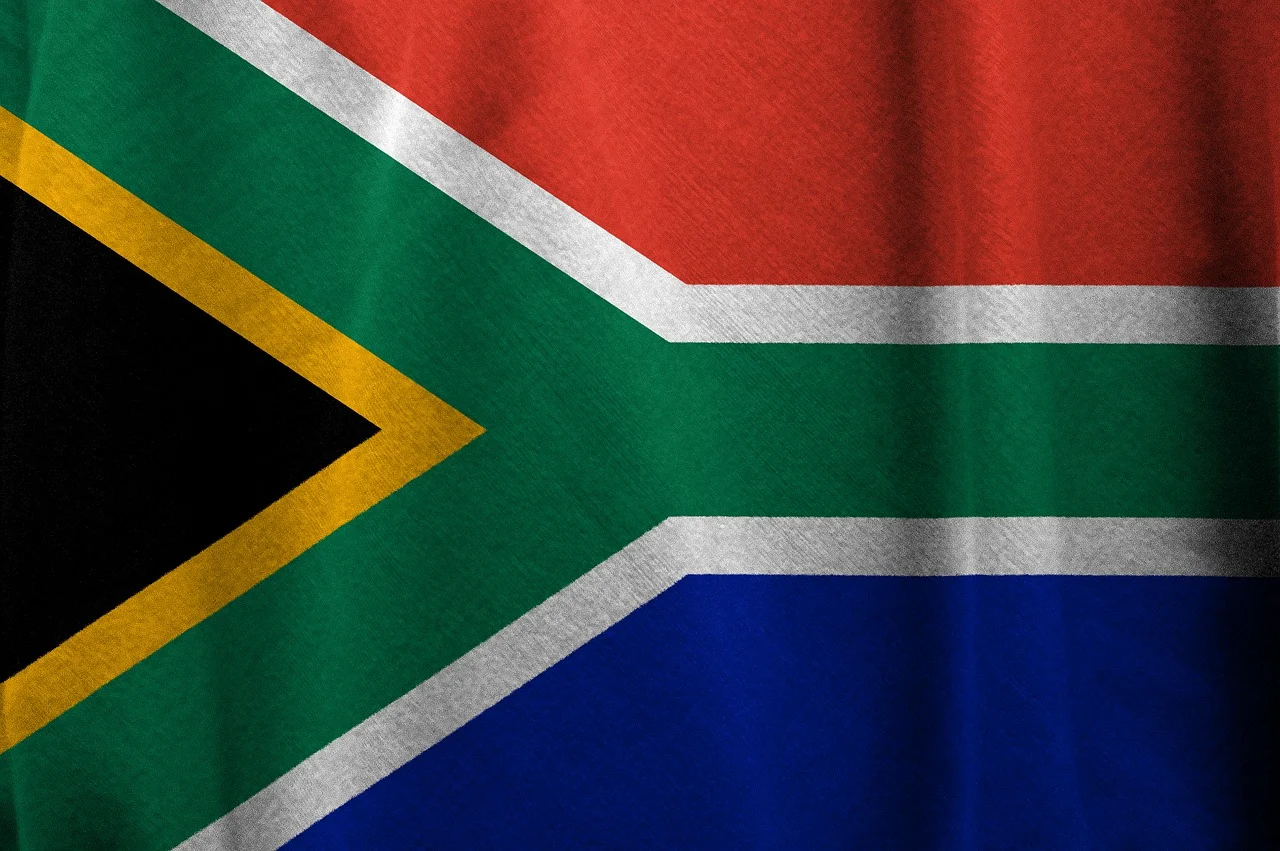
The Real Life Consequences of “Prioritisation”
The rhetoric of “prioritisation” has a devastating human face. It is Sicelokuhle Moyo, a Zimbabwean who has lived in South Africa since 2006, being turned away from her chronic medication because her passport is not a South African ID. It is Tendai Musvava from Mozambique, despondent and facing the impossible choice between her health and her budget, stating, “I don’t have a say… I don’t have a choice.”
Operation Dudula leader Zandile Dabula’s cold calculus that healthcare “cannot be a freebie for everyone” ignores the reality that for people like Moyo and Musvava, being blocked from the clinic is a potential death sentence. The group’s justification that they are alleviating overcrowding is a lousy excuse for a campaign that violates the constitution and terrorizes a vulnerable population.
As human rights lawyer Fatima Hassan states, “To have a group that is not sanctioned by the state to make decisions about who gets in and who gets out is deeply problematic.” The state’s response has been dangerously weak. The police’s tepid arrests and subsequent releases of members, coupled with the failure of a court case on a technicality, have only emboldened the group.
The Deputy Health Minister has condemned the “bullying” but this inadvertently reveals the state’s paralysis, exploring solutions while the police claim they are too “stretched” to act. This hesitation is a green light for lawlessness, creating a power vacuum that Operation Dudula is all too eager to fill.
South Africa is at a crossroads. It can uphold its constitutional democracy, or it can surrender to the mob rule of Operation Dudula. Right now, by failing to act decisively, the state is choosing the latter.

